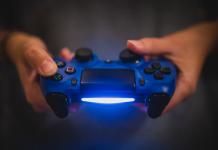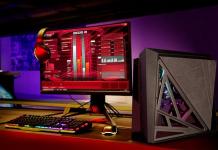A mild electrocution never hurt anyone! On the contrary, it might help gamers to maintain their sharpness, and students to solve problems with greater ease.
Mechanical engineers Michael Oxley and Martin Skinner (aka the two jolly blokes pictured below) have recently launched Foc.us, a gaming headset that delivers electric shocks in order to improve performance. Given that the company of these two is also named Foc.us, I don’t know if they ran out of names or if they want to keep it simple for their future clients. I surely can remember two names, even without electric shocks. Anyway, let’s talk about Foc.us’ Foc.us, which will help you… focus!
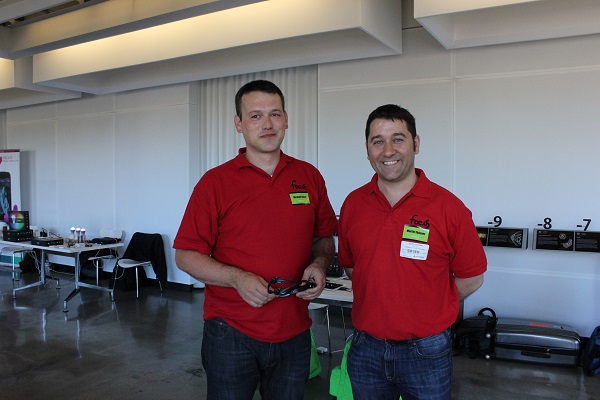
At a first glance (and from a distance), Foc.us looks very much like a pair of neckband headphones. Right now, the design is still crude, but even so, the red band makes it look quite attractive. Turning the headset on is possible via either a physical button or an iOS app. The shock delivered to the prefrontal cortex measures from 0.8 to 2.0 mA. The involved technique is called transcranial Direct Current Stimulation or tDCS, in case you wanted to know.
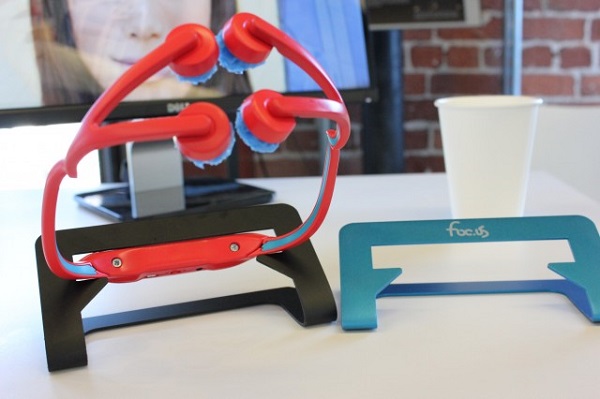
As mentioned before, the device can be turned on via an iOS app, but people using other operating systems have not been forgotten. As Oxley stated, Foc.us “actually had a lot of feedback from non-Apple owners and so [we] are looking at adding extra configurability to the touch sensor behavior.”
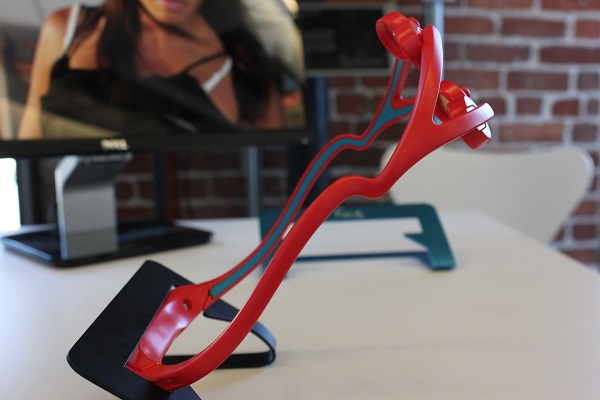
By the way, the thing I said about students who solve maths problems easier when getting mild electric shocks wasn’t a joke. I stumbled upon it a few days ago in The Guardian. Apparently, such shocks improve the puzzle solving performance by 27%. When it comes to gaming, that percentage, assuming it’s the same or close enough, means A LOT!
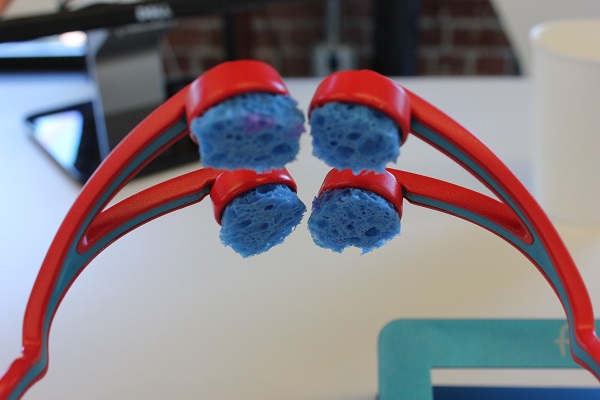
The device can be bought now on the Foc.us website for $249. However, the orders will start shipping in July.
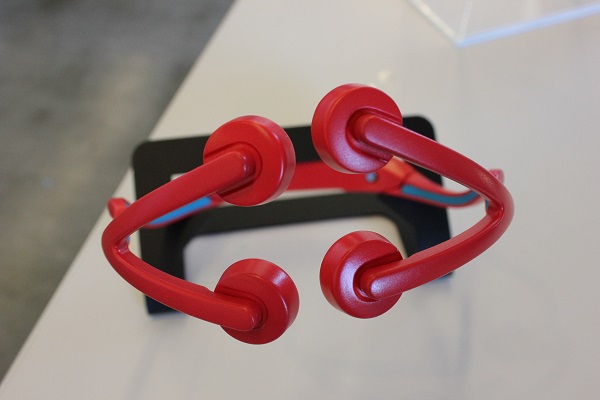
Last, but not least, you can see how Foc.us looks like when it is placed on the head of a female journalist. I would have said gamer, but Megan Geuss, staff editor at Ars Tehnica, didn’t get the chance to test the device in a gaming environment. It would’ve been interesting to learn whether the device has any effect, whatsoever. In theory, it’s one thing, but under the stress of testing an electric shock gaming headset for the first time, the results may not be as expected.
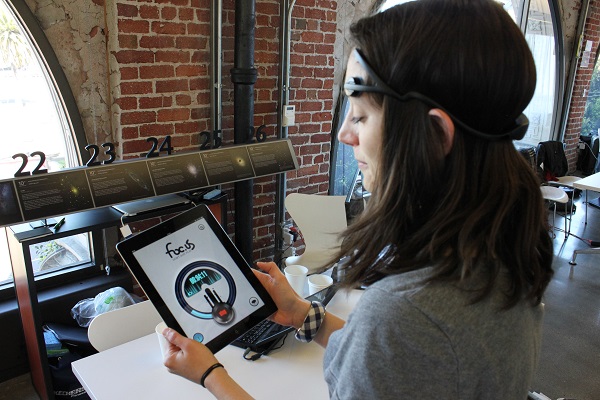
If you liked this post, please read about how to build a miniature electric shock gadget and the singNshock alarm clock.

